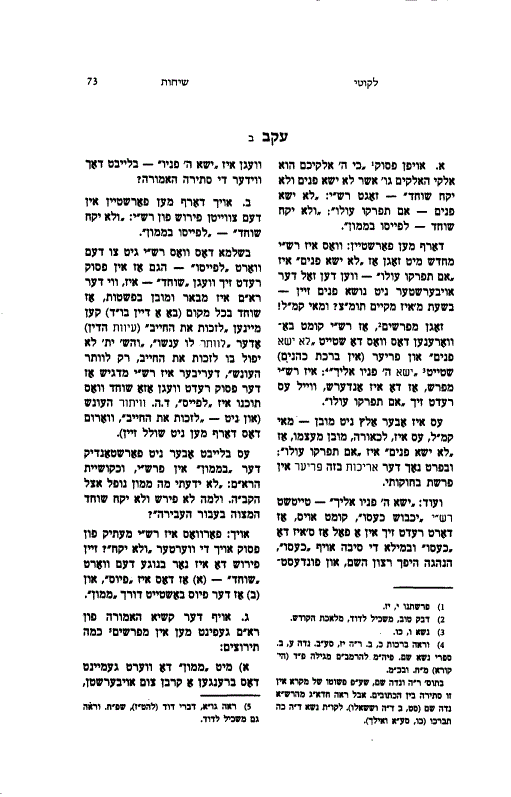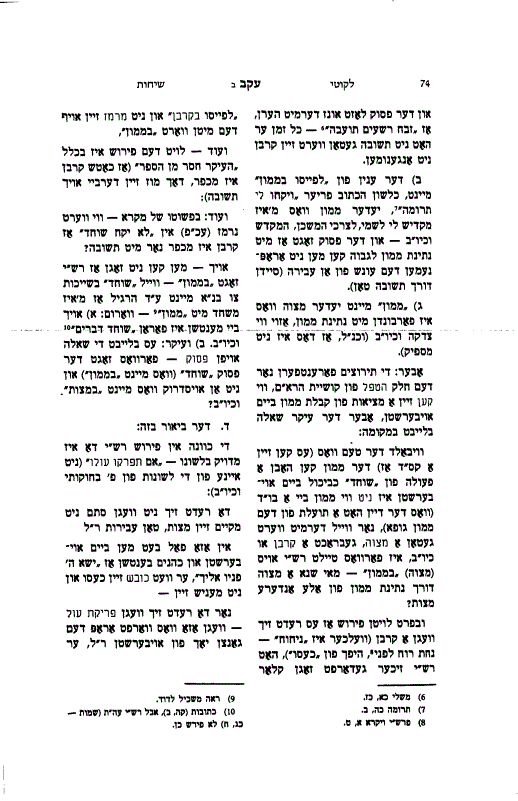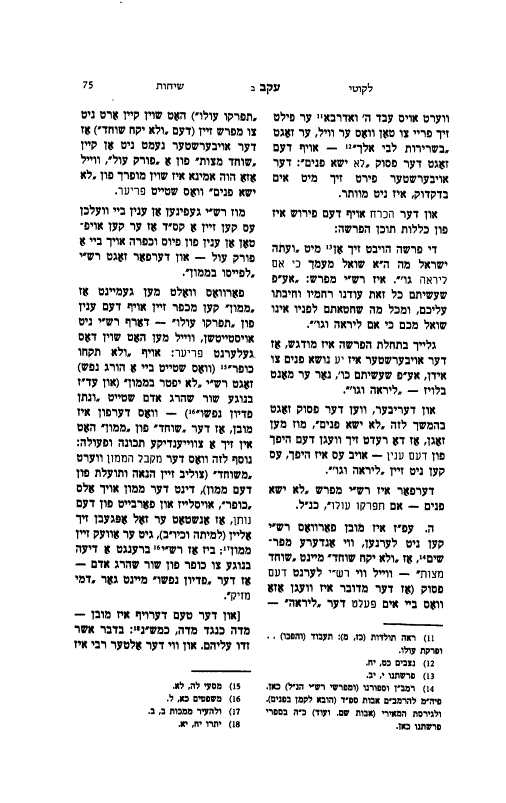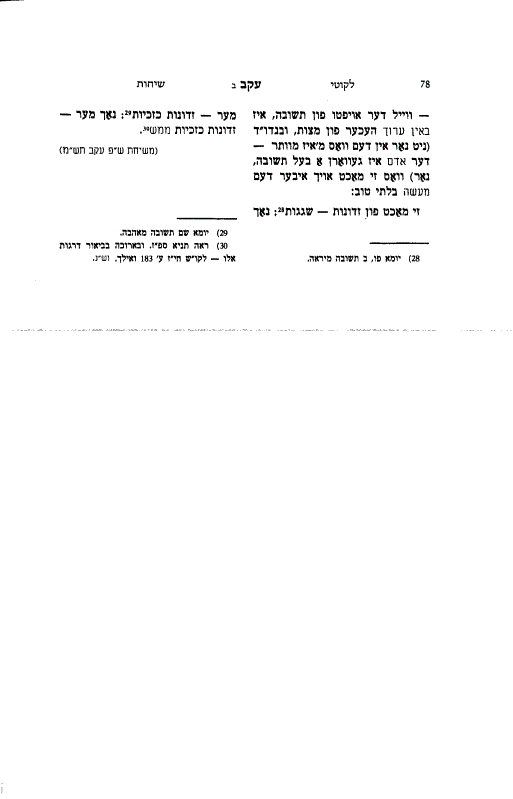Likutei Sichos vol. 24 – Eikev 2
א) "לא ישא פנים" פירש"י: אם תפרקו עולו - הרי זה פשוט? ולאידך כותב רש"י בברכת כהנים: "ישא ה' פניו אליך" – יכבוש כעסו.
ב) "לא יקח שוחד" פירש"י: לפייסו בממון. לפייסו מובן, מה הפרוש בממון? למה מעתיק "ולא יקח״?
ג) תירוצים על הנ"ל: קרבנות, לצרכי המשכן, צדקה. אבל הכל אינו מתורץ.
ד) "תפרקו עולו" בהמשך למה ה"א שול מעמך כי אם ליראה. וכשהוא פורק עול אז "לא ישא״.
ה) במה שייך לומר כשהוא פורק עול: "לא יקח שוחד"? הוא רק בממון שהוא גם פדיון נפש.
ו) ההפרש בין הפסוק למה שמובא בפרקי אבות: "שאין לפניו לא משוא פנים ולא מקח שוחד". חשבון המצוות והעבירות הם בנפרד. משוא פנים – שמעלת האדם אינה חסרה; שוחד – מעשה האדם נמחק. תשובה הוא שוחד.
A) "He does not show favoritism": Rashi explains: If you cast off His yoke, this is straightforward? And according to another Rashi: "May Hashem lift His countenance towards you" – He suppresses His anger?
B) "He does not accept bribes": Rashi explains: To appease Him with money. Appeasing is understood, but what does it mean with money? Why does it say and Rashi quotes "and He will not take"?
C) Explanations on the above: Sacrifices, for the needs of the Mishkan, charity. But everything is not fully explained.
D) "If you cast off His yoke": In continuation of "What does Hashem ask of you but to fear Him?" And when one casts off the yoke, "He will not favor you."
E) Where does it apply to say "He does not accept bribes" after taking off his yoke? Only with money, which is also a ransom for the soul.
F) The difference between the verse and what is brought in Pirkei Avot: "There is no favoritism before Him, nor accepting bribes." The account of mitzvot and sins are separate. Favoritism – the person's status is not diminished; Bribery – the person's actions are erased. Repentance is bribery.





